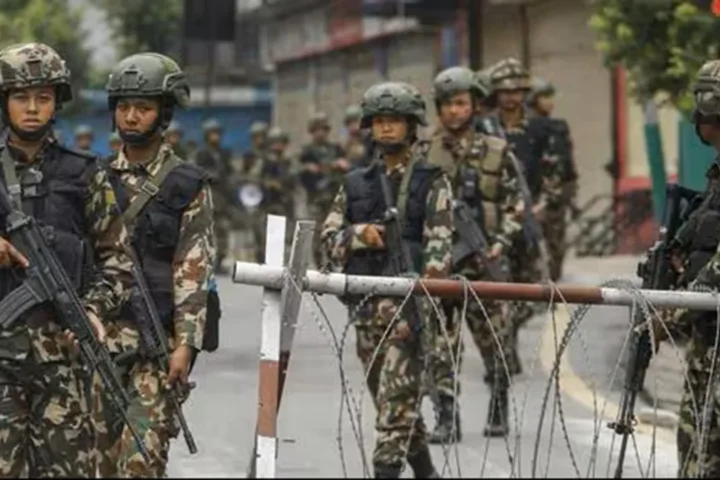A&N Islands reported the progress achieved by teleconferencing on the introduction of that same Jal Jeevan Project in the Union Territories well before Central Jal Jeevan Mission. Via the ‘Jal Jeevan Mission,’ the Indian government is ensuring every attempt to secure that every rural household in the country has access to drinking water in an appropriate quantity and of specified quality on a daily and long-term basis. The goal of this flagship programme is to better the lives of rural people by supplying drinking water at their doorstep and ensuring ‘easiness of life.’
From 65,096 rural population distributed over 400 UT communities, 33,889 include water from the tap access. The UT intends to provide household tap connectivity to the existing households by 2021. There are piped water services in 290 villages. Efforts are made to provide tap water connexions to the remaining households in these villages, as well as to meet those villages where there is no water supply infrastructure.
UT was recommended to concentrate on SC / ST-dominated households as a target region under the mission.
Local communities through Gram Panchayat or its Sub-Committee, i.e. The Village Water & Sanitation Committee (VWSC) will play a crucial role in the planning, implementation, administration, service and maintenance of village water supply schemes to ensure daily and long-term water supply. VWSCs are encouraged to take responsibility for water supply schemes in villages for routine maintenance and service and improvement as well as fix usage charges for households.
The Jal Shakti Ministry has instructed many States to ensure that return-to-workers, in particular those employed in the construction sector (qualified, unskilled and semi-qualified), can be recruited to speed up the execution of projects under the program.
It is an agreement that could provide jobs for chronically unemployed employees.
The mission is being used as a method of alleviating some of the consequences of the mass movement of inter-state workers returning to their home countries after the Covid-19 pandemic.
The Jal Jeevan Mission shall be focused on many water conservation efforts, such as point recharge, dewatering of small irrigation tanks, the use of greywater for cultivation and the sustainability of the source.
The Jal Jeevan Mission will collaborate with other central and state government projects to achieve its goals of sustainable water resource managers.
Courtesy: PIB
[/vc_column_text][/vc_column][/vc_row]







